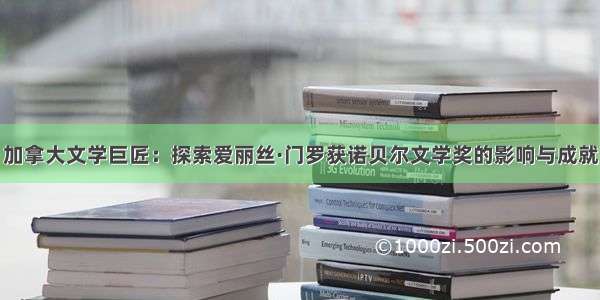
篇一
Laba is celebrated on the eighth day of the last lunar month, referring to the traditional start of celebrations for the Chinese New Year. La in Chinese means the 12th lunar month and ba means eight.
Legends about the origin of this festivity abound. One holds that over 3,000 years ago sacrificial rites called La were held in the twelfth lunar month when people offered their preys to the gods of heaven and earth. The Chinese characters for prey and the twelfth month were interchangeable then, and ever since La has been used to refer to both.
Since the festival was held on the eighth day of the Last month, people later appended the number eight (ba in Chinese), giving us the current Laba .
The majority Han Chinese have long followed the tradition of eating Laba rice porridge on the Laba Festival. The date usually falls in mid-January.
篇二
Laba rice porridge was first introduced to China in the Song Dynasty about 900 years ago.
Buddhism was well accepted in the areas inhabited by the Han Chinese, who believed that Sakyamuni the first Buddha and founder of the religion, attained enlightenment on the eighth day of the twelfth month. Sutras were chanted in the temples and rice porridge with beans, nuts and dried fruit was prepared for the Buddha. With the passing of time the custom extended, especially in rural areas where peasants would pray for a plentiful harvest in this way.
There is, however, another touching story: When Sakyamuni was on his way into the high mountains in his quest for understanding and enlightenment, he grew tired and hungry. Exhausted from days of walking, he fainted away by a river in India. A shepherdess found him there and fed him her lunch -- porridge made with beans and rice. Sakyamuni was thus able to continue his journey.
篇三
Buddhism was well accepted in the areas inhabited by the Han Chinese, who believed that Sakyamuni the first Buddha and founder of the religion, attained enlightenment on the eighth day of the twelfth month. Sutras were chanted in the temples and rice porridge with beans, nuts and dried fruit was prepared for the Buddha. With the passing of time the custom extended, especially in rural areas where peasants would pray for a plentiful harvest in this way.
There is, however, another touching story: When Sakyamuni was on his way into the high mountains in his quest for understanding and enlightenment, he grew tired and hungry. Exhausted from days of walking, he fainted away by a river in India. A shepherdess found him there and fed him her lunch -- porridge made with beans and rice. Sakyamuni was thus able to continue his journey.
















